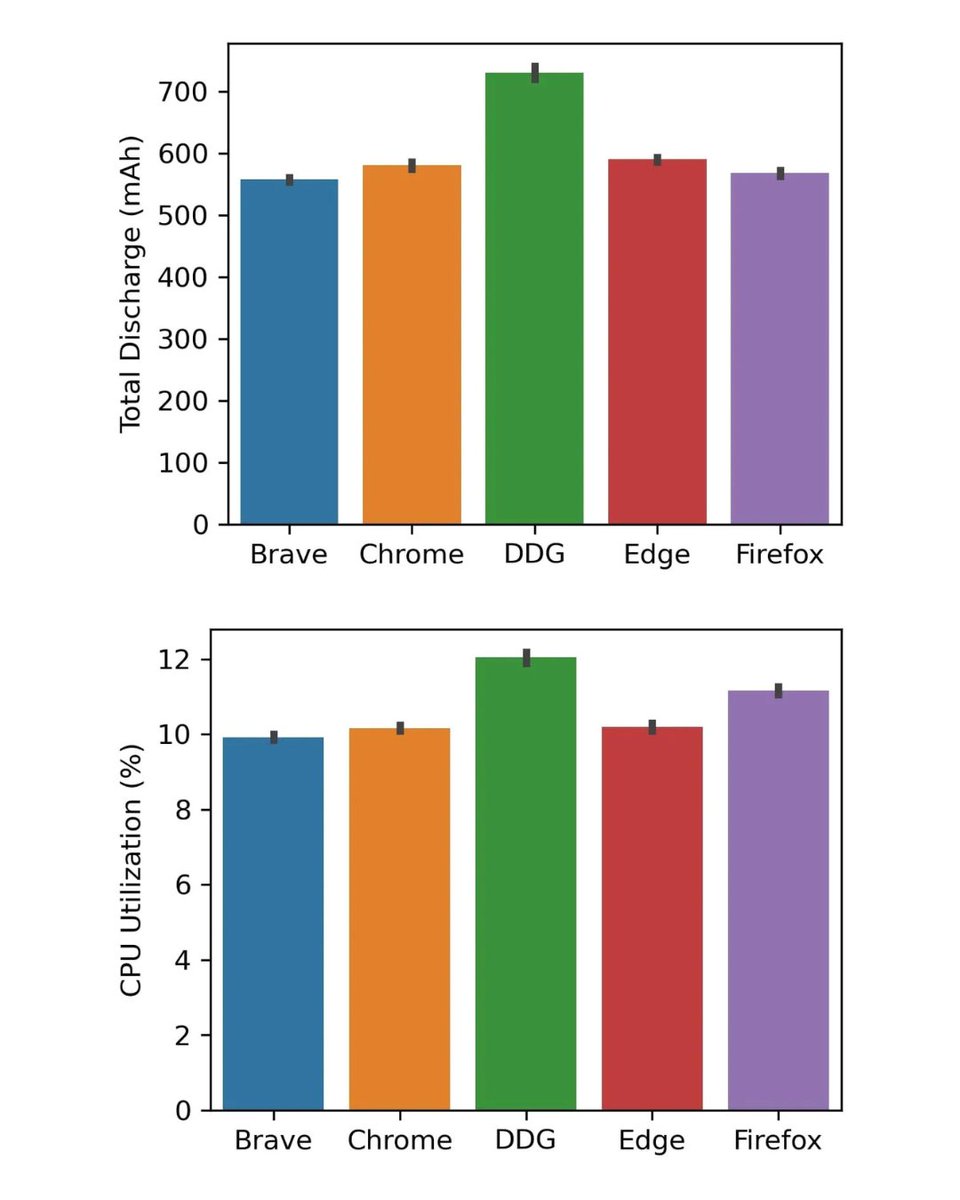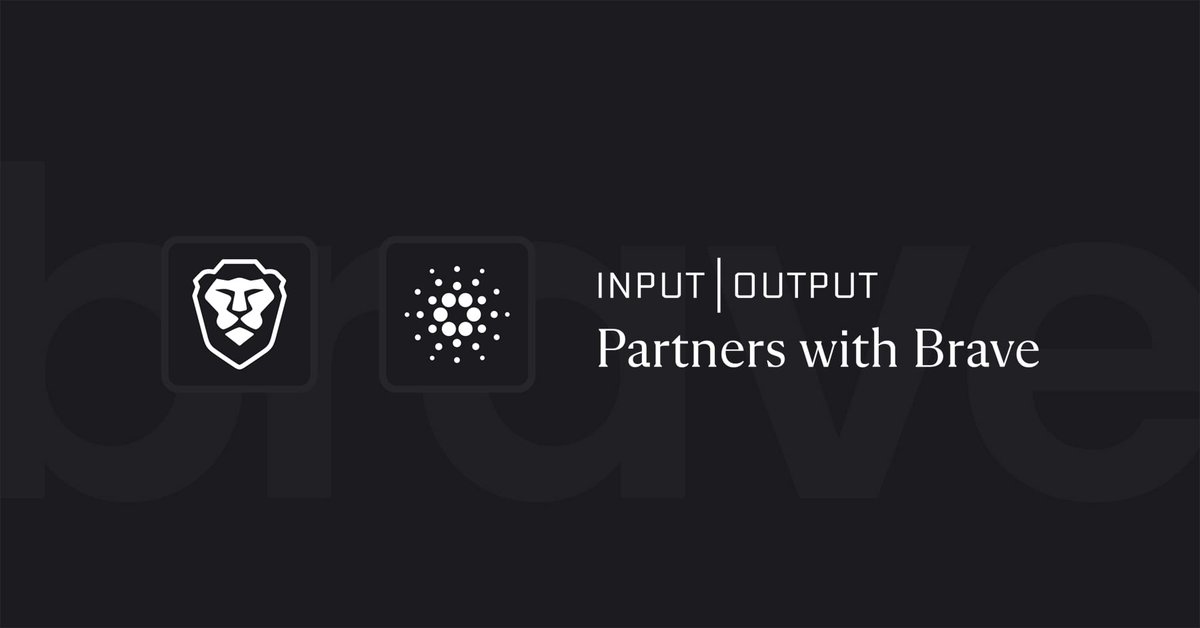AI agents that can browse the Web and perform tasks on your behalf have incredible potential but also introduce new security risks.
We recently found, and disclosed, a concerning flaw in Perplexity's Comet browser that put users' accounts and other sensitive info in danger.
We recently found, and disclosed, a concerning flaw in Perplexity's Comet browser that put users' accounts and other sensitive info in danger.

This security flaw stems from how Comet summarizes websites for users.
When processing a site's content, Comet can't tell content on the website apart from legitimate instructions by the user. This means that the browser will follow commands hidden on the site by an attacker.
When processing a site's content, Comet can't tell content on the website apart from legitimate instructions by the user. This means that the browser will follow commands hidden on the site by an attacker.
These malicious instructions could be white text on a white background or HTML comments. Or they could be a social media post.
If Comet sees the commands while summarizing, it will follow them even if they could hurt the user. This is an example of an indirect prompt injection.
If Comet sees the commands while summarizing, it will follow them even if they could hurt the user. This is an example of an indirect prompt injection.
One example attack:
1. A Comet user sees a Reddit thread where one comment has hidden instructions.
2. The user asks Comet to summarize the thread.
3. Comet follows the malicious instructions to find the user's Perplexity login details and send them to the attacker.
1. A Comet user sees a Reddit thread where one comment has hidden instructions.
2. The user asks Comet to summarize the thread.
3. Comet follows the malicious instructions to find the user's Perplexity login details and send them to the attacker.
This attack demonstrates the risks presented by AI agents operating with full user authentication across multiple sites.
New security measures are needed to make agentic browsing safe.
New security measures are needed to make agentic browsing safe.
In today's blog post, we share more details on this vulnerability and discuss potential protections against other attacks of this nature.
Perplexity has patched this error since we reported it to them. brave.com/blog/comet-pro…
Perplexity has patched this error since we reported it to them. brave.com/blog/comet-pro…
Security and privacy cannot be an afterthought in the race to build more capable AI tools.
In the next blog post of this series, we'll discuss Brave's efforts to deliver secure AI browsing to our nearly 100 million users. Stay tuned!
In the next blog post of this series, we'll discuss Brave's efforts to deliver secure AI browsing to our nearly 100 million users. Stay tuned!
• • •
Missing some Tweet in this thread? You can try to
force a refresh







